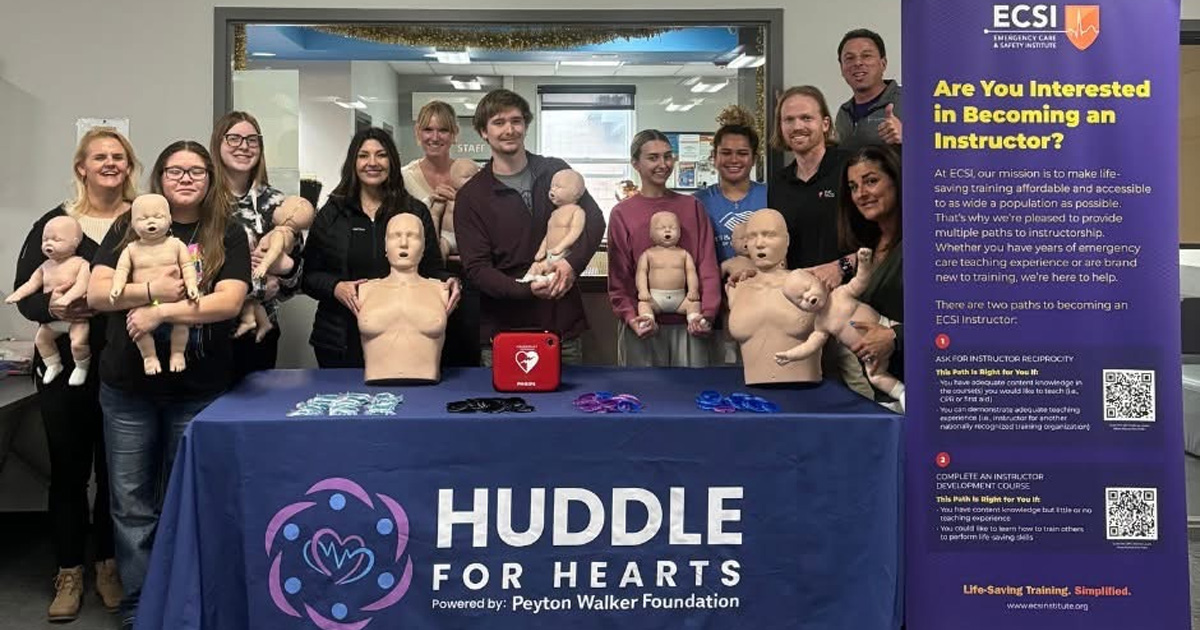-

Planning a high adventure trip is exciting, but without proper training, one emergency can stop everything. Discover how wilderness first aid helps scouts and leaders stay ready for the unexpected.
-

Winter is here, and it's the perfect time to review your cold weather first aid. Here are some tips for teaching first aid for winter emergencies.
-

ILCOR has introduced a series of new consensus on Science with Treatment Recommendations (CoSTR) for 2026. We explore the changes and discuss whether you should adjust your protocols in response.
-

Do you know what to do in the event of a fentanyl overdose? Bob Elling discusses how being trained in naloxone use and maintaining awareness can help prevent overdose deaths.
-

Are you ready to rescue yourself? We look at some self-rescue techniques, and how you can teach these life-saving skills in the classroom.
-

Public CPR training demand can surge after significant emotional events. Is your education center prepared for a rise in training requests?
-

Stop the Bleed seeks to arm survivors and bystanders of violence with the knowledge and skills to act quickly in the aftermath of a mass casualty incident.
-

Bob Elling discusses the history of AEDs, and answers some of the most common questions surrounding these life-saving devices.
-

More than 5,000 choking deaths are reported each year in the USA. Bob Elling investigates the latest strides in choking management and anti-choking devices (ACDs).
-

Bill Odoms recaps his journey across the country to bring CPR and AED training to 20 states in 20 days.









